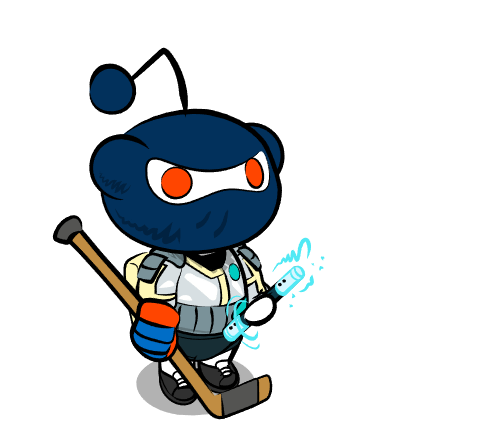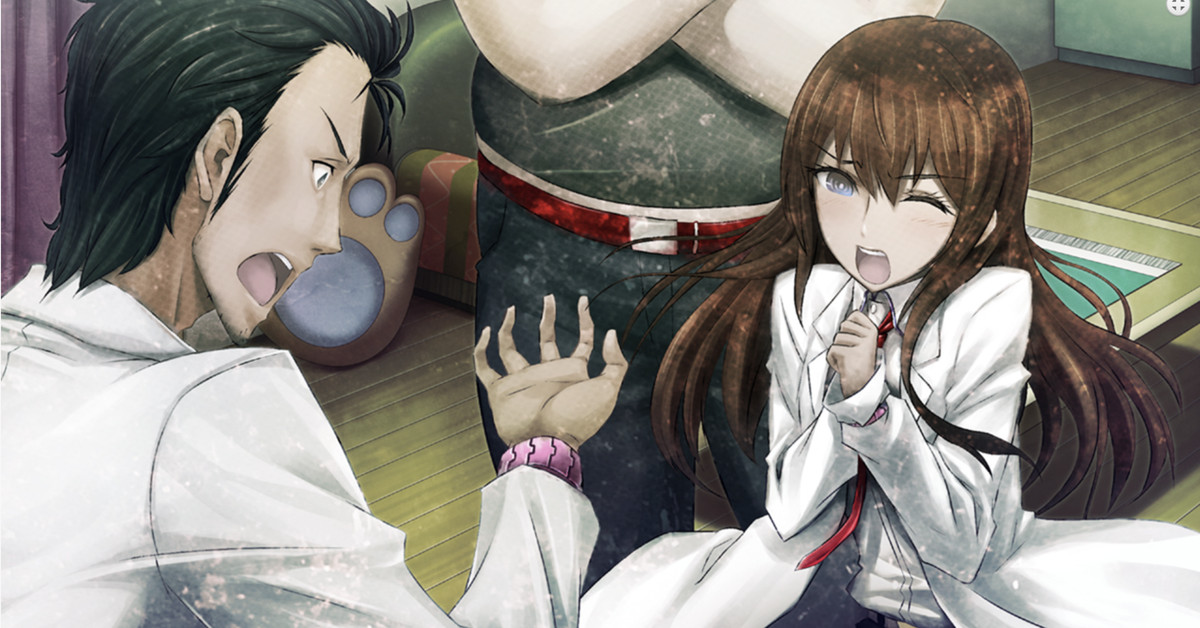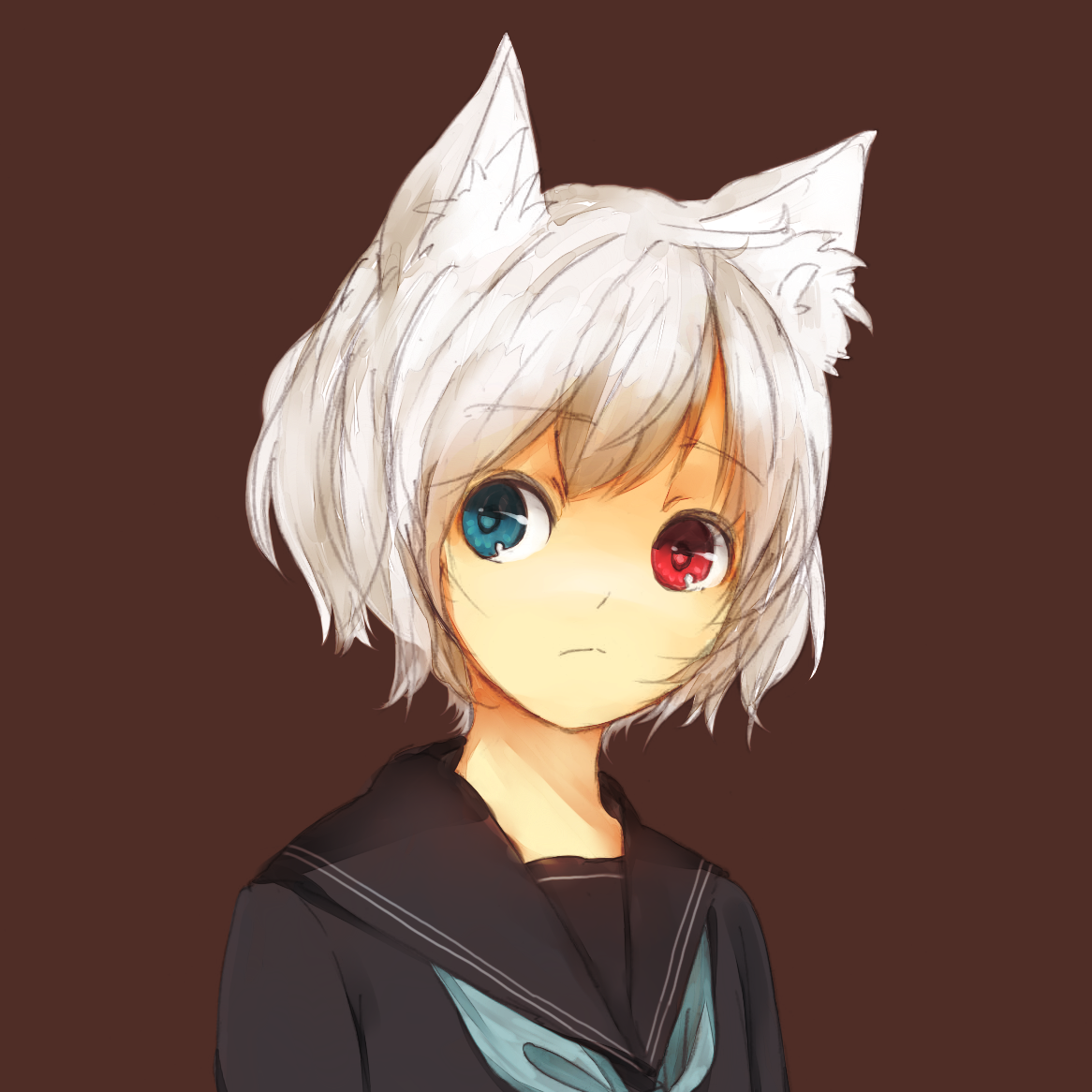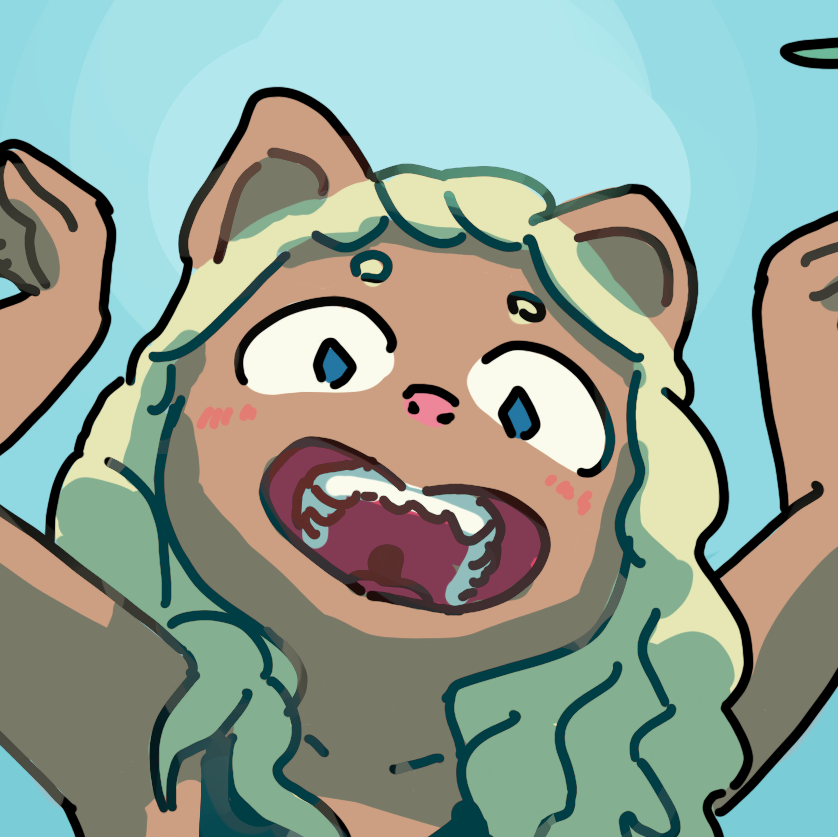TL;DR He was arrested for uploading a recording of the entire VN two days before the game came out, which, being a visual novel, debatably cost them sales from people who just read his video instead of buying it. It’s a bit like if someone filmed themselves turning the pages of a new Harry Potter book before the street date so everyone could read it.
Seems to me that it’s less “uploaded lets plays” and more “posted game footage before the game release”, and they nailed him for anything they could.
I don’t think piracy should be punished, but like, if you’re gonna do it, don’t post video recordings of yourself doing it before the game comes out my guy.
The game came out in 2011 though on Xbox 360. The 2019 release was just a port. If their argument is that he spoiled the story they’re full of shit. But it’s Kadokawa so that’s a given.
The 2019 release was a port, remaster, and the first international release.
Exactly. That dude had to know better. Wtf was he thinking?
“But bro the views!!!”
A lot of people are going to be super quick to post something, but actually read what it says. If you stream or upload game footage before it’s official release date, they have full rights to shut you down
If you stream or upload game footage
before it’s official release date, they have full rights to shut you downThe timing of it speaks to what kind of damages they might be seeking, but it doesn’t change the overall principle of it. Streaming or uploading video footage makes a derivative work or a partial copy, and I think that’s pretty well established by now, regardless of whether it’s done before release, right after release, or 20 years later.
I know, people do it all the time, anyway. Well, there are “fair use” cases where copyright law can get a little more lenient (like if you’re giving a tutorial, or the footage relates to some academic commentary), but most of the video game footage you see online isn’t there because it’s legal, but because nobody really cares about it (or is suffering any damage from it). In principle it’s still not legal.
Why do they have full right. They don’t own anything but the game. What gives them any right to do anything but try to sue.
Review embargoes are a pretty well understood concept.
Sometimes the review embargoes don’t end until the game release or just before it. Not this was a review so that wouldn’t matter anyway this was just directly recording the content which is always going to be illegal.
That does mean it should be criminal or that a website should be forced to take it doen
Obligatory I am not a lawyer, this is just my opinion.
A let’s play is a derivative work. You can claim fair use, but that’s hard to do. Fair use often boils down to a question of ‘does the derivative work compete with the original enough to cause a loss in sales?’ Think of when people film themselves watching a movie for YouTube, without cutting anything out and barely commentating over anything, meaning that someone could watch their video instead of the movie and get almost the same content.
In this case, he filmed himself playing the entirety of a visual novel. I think it’s fair to say that for a lot of people, his let’s play could absolutely substitute for playing the game, thus losing sales for the developer.
But losing sales for the company should not be a criminal act. A sternly written letter should be the maximum punishment while the company pounds sand
Yeah this part of it isn’t getting enough attention. Take down his videos? Totally normal. Make him pay for some damages? Sure, I guess. Put him in prison? What the fuck?
I would say it’s wrong they can get the video taken done. If he created the video then it’s his. They should have to pound sand
Putting it in the simple most non legalese way possible.
To go to the trouble of pressing charges or suing you have to show “damages” (Physical, financial, emotional) and official reviewers almost always have to sign “embargo” paperwork telling them explicitly what they can and cant talk about before a certain date.
By putting this content out before release, he potentially impacted sales by a noticable amount and likely either obtained the copy illegally, unethically or broke contract to do so.
They can likely show damages and point to breach of the law in doing so.
Shouldn’t be criminal. They should sue for damage but there should be no crime.
Exactly. They own the game.
Let’s plays are derivitive work. They legaly can do whatever they want with it.
Mojang also already DMCA’d people: https://youtu.be/9ARAhvFEA3s
Here is an alternative Piped link(s): https://piped.video/9ARAhvFEA3s
Piped is a privacy-respecting open-source alternative frontend to YouTube.
I’m open-source, check me out at GitHub.
They shouldn’t have that power. The content creator owns the content they created
If you steal someone’s car, and then repaint it, is it yours now?
More like if you make a video that reviews a car, that doesn’t give the manufacturer the right to remove it. This was a let’s play, they weren’t redistributing the game.
This is the best summary I could come up with:
A Japanese court has convicted a man of violating copyright law after he uploaded gameplay and anime videos without publisher permission.
Reported by Japanese paper Asahi Shimbun, the 53-year-old man, Shinobu Yoshida, was sentenced to two years in prison and assessed a 1 million yen fine (or about $6,700 USD.)
Yoshida was arrested in May of this year after uploading gameplay videos of the visual novel Steins;Gate: My Darling’s Embrace back in 2019.
Yoshida also uploaded videos summarizing episodes of the Spy × Family and Steins;Gate anime shows.
CODA characterized the complaint as “malicious cases of posting videos containing content and endings (spoilers) without permission from the rights holders, […] and unfairly gaining advertising revenue through copyright infringement.”
Asahi Shimbun reported that the prosecution stated Yoshida’s actions were, “a malicious act that tramples on the effort of content production.” They argued that because he uploaded videos that condensed and spoiled anime episodes and videos of gameplay from a visual novel — a style of game that focuses on reading to experience the story rather than through gameplay — consumers would be less incentivized to spend money on either.
The original article contains 281 words, the summary contains 188 words. Saved 33%. I’m a bot and I’m open source!
Yikes, I wonder if they issued a warning first









